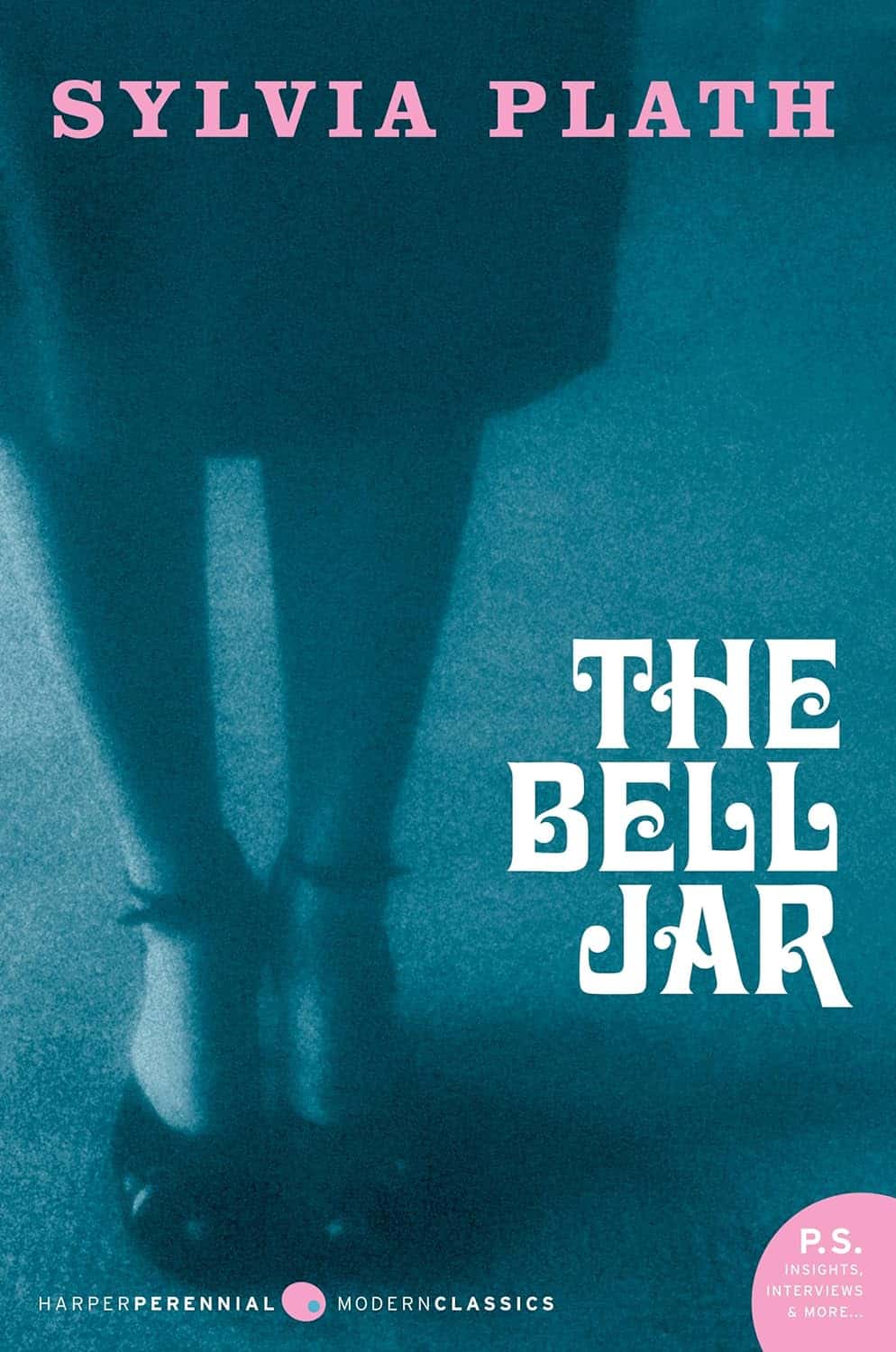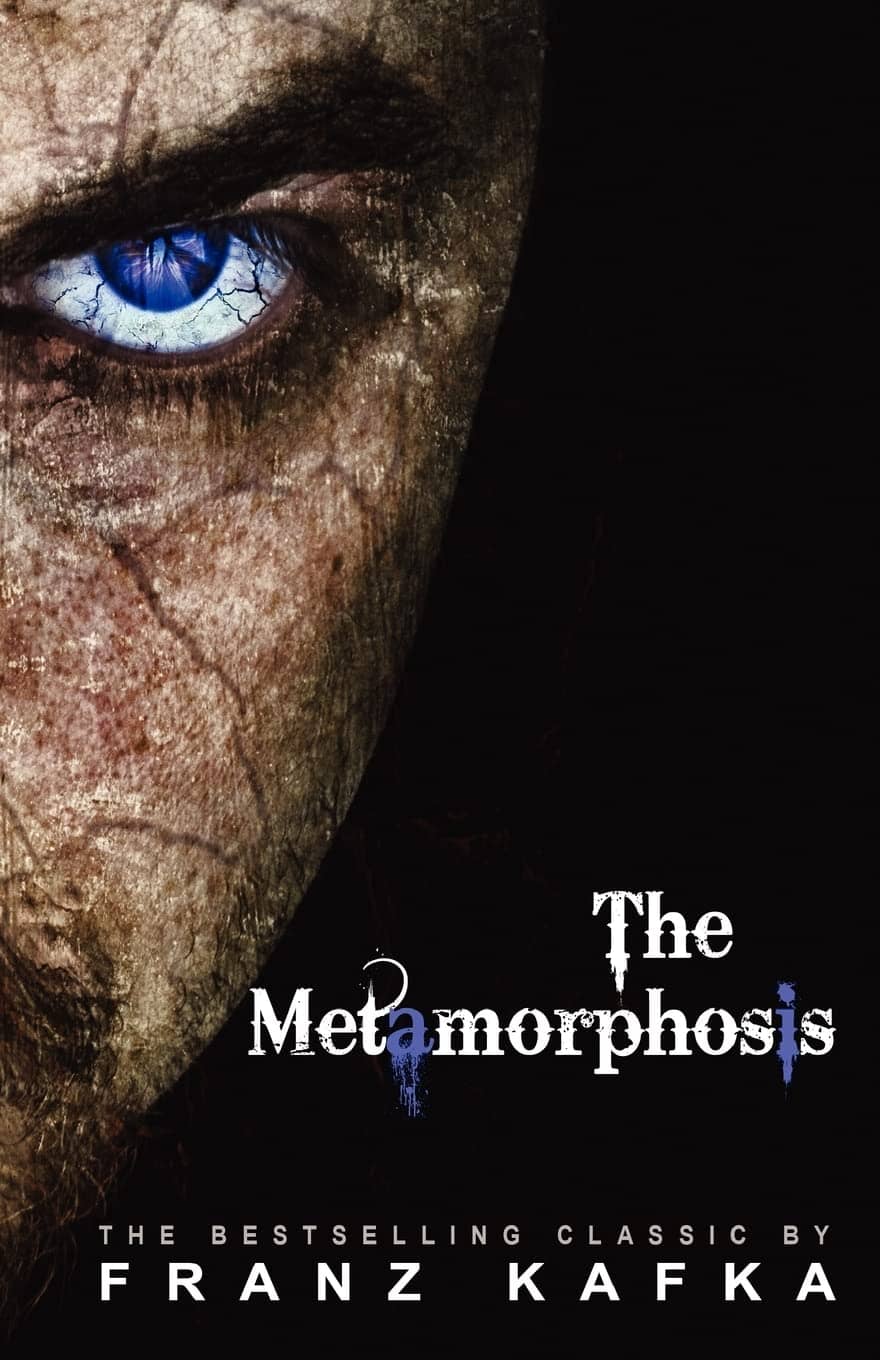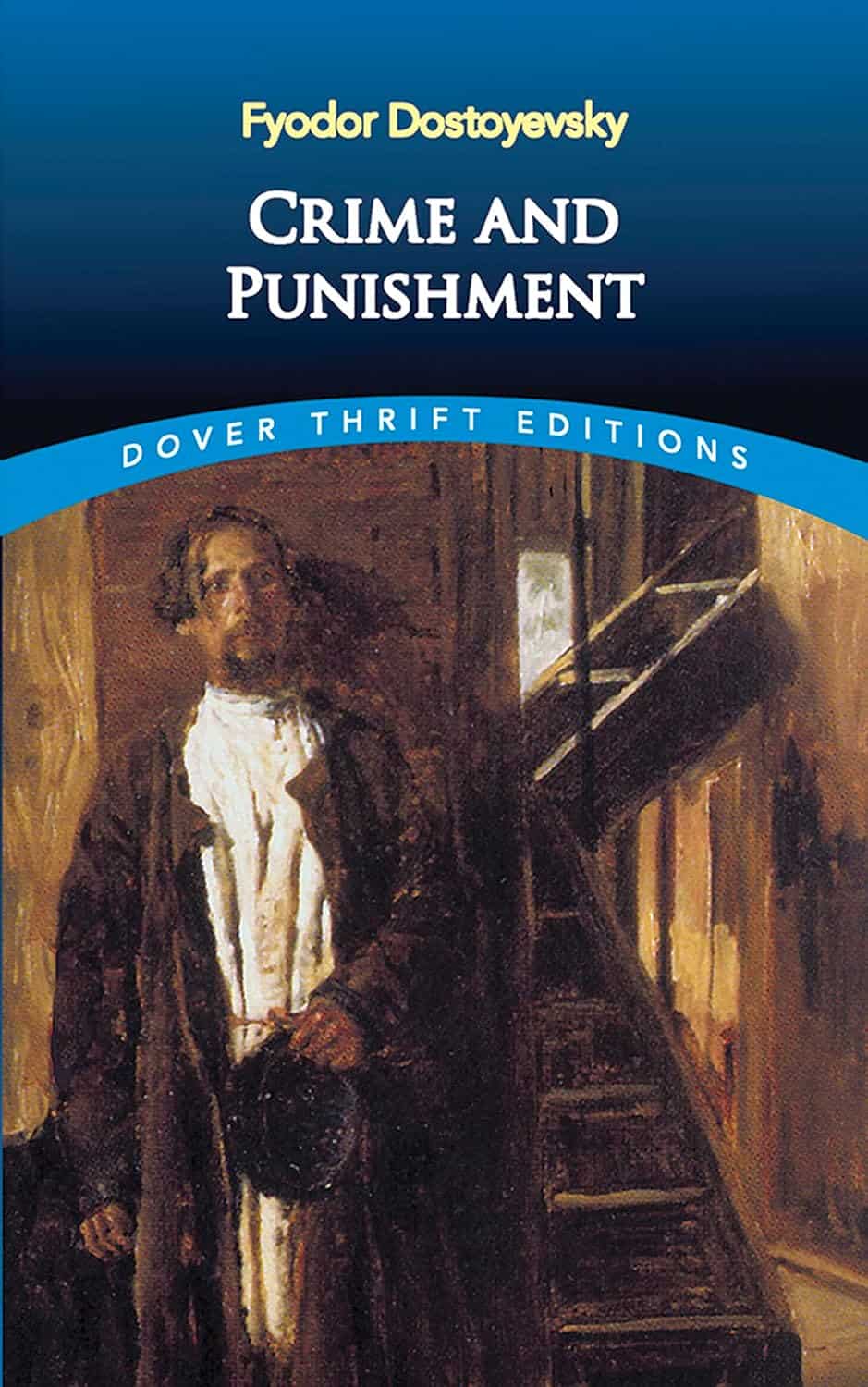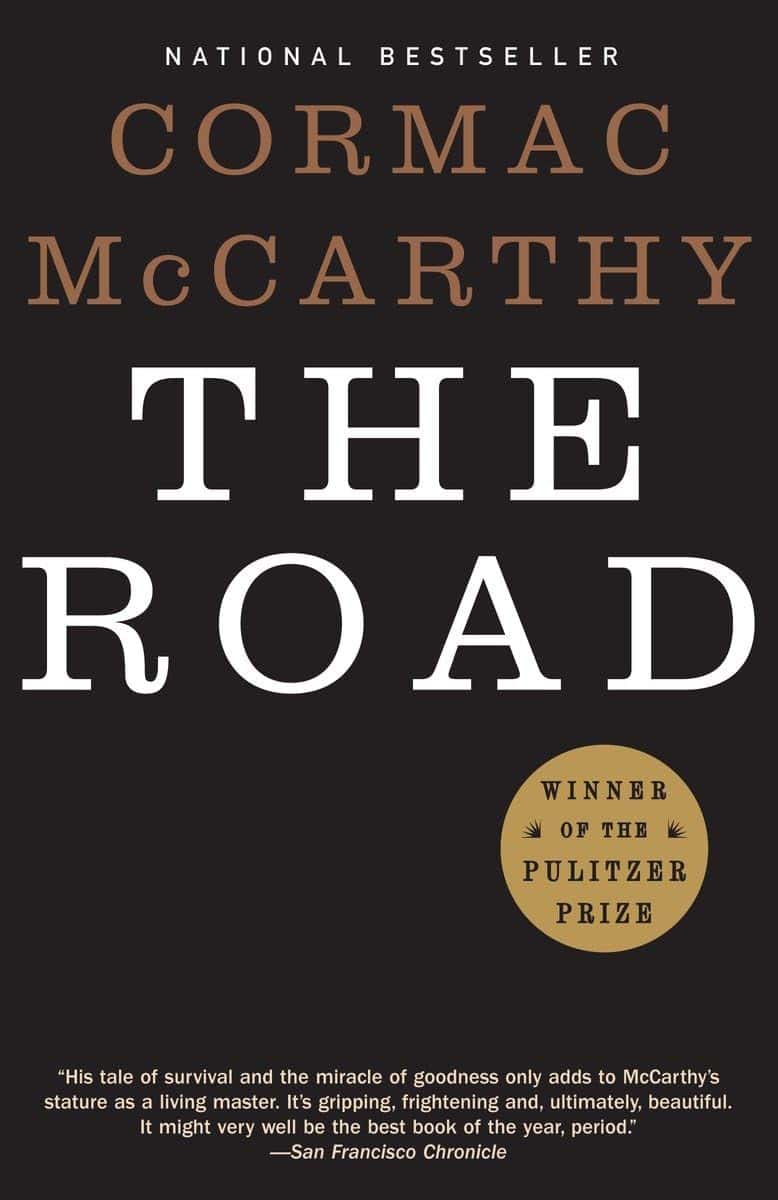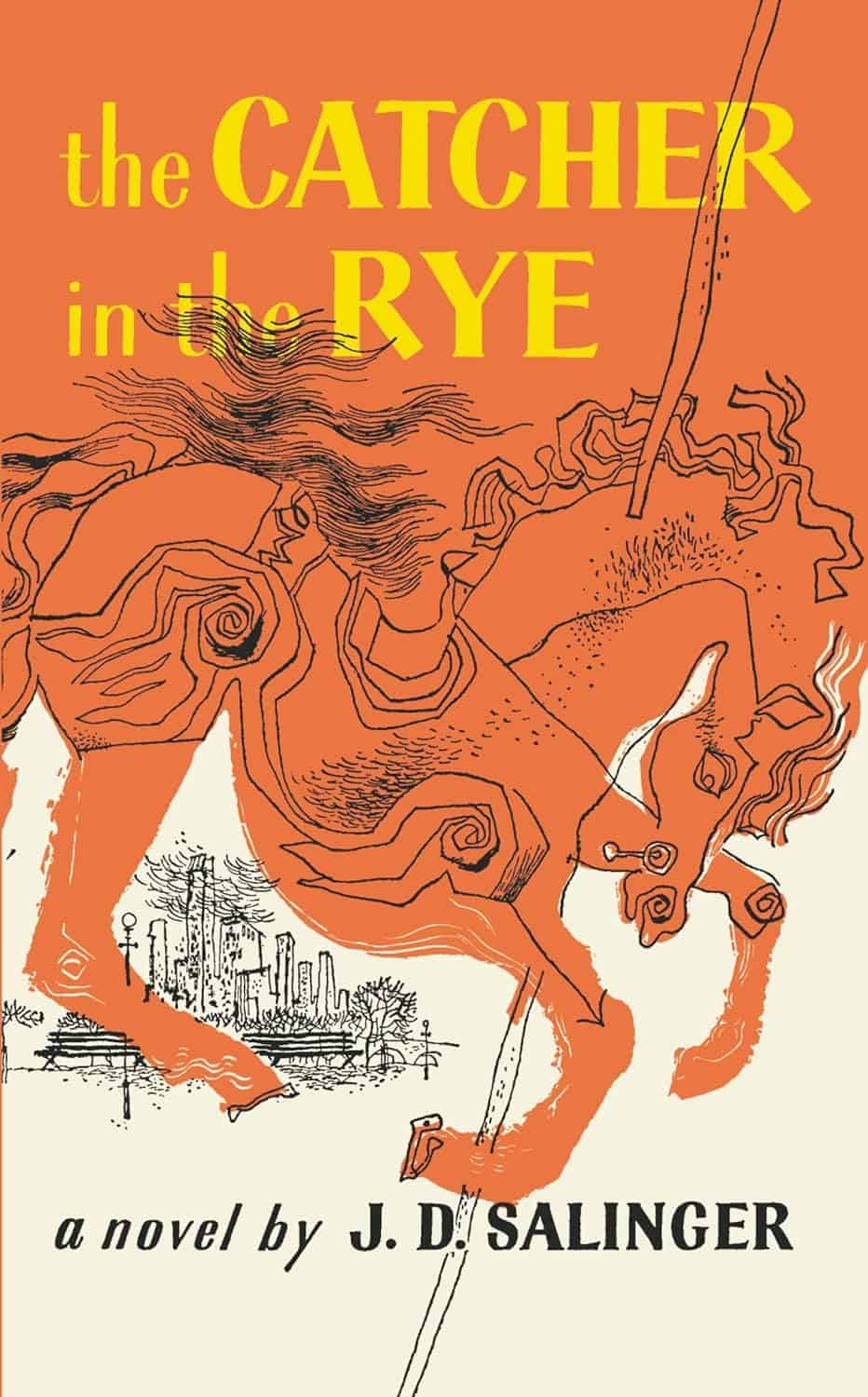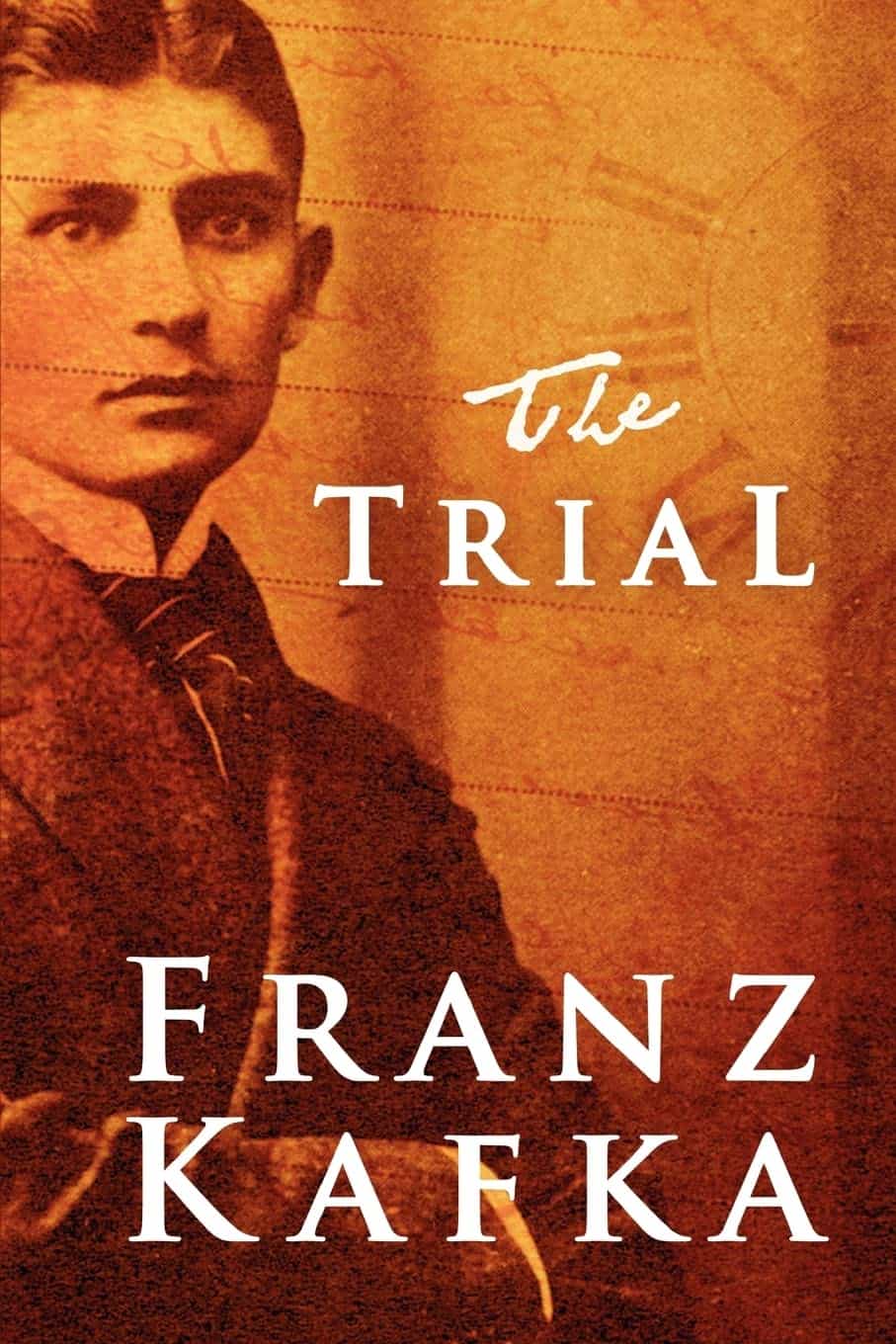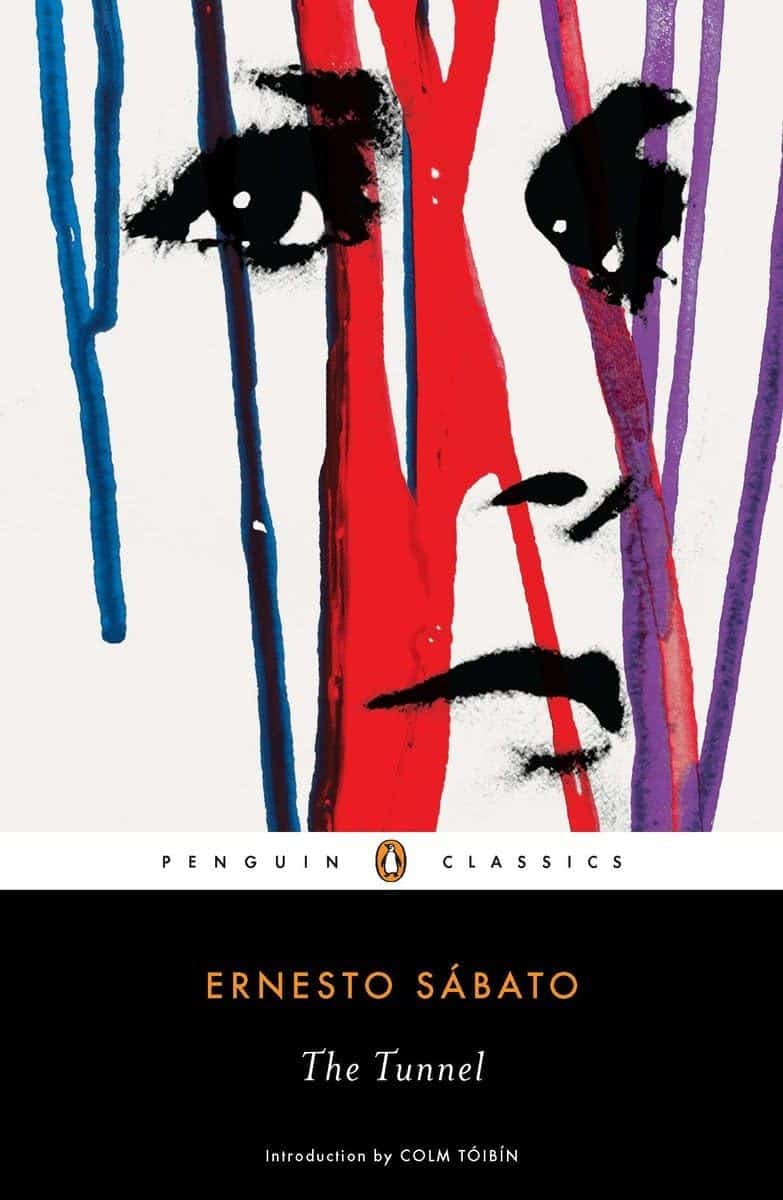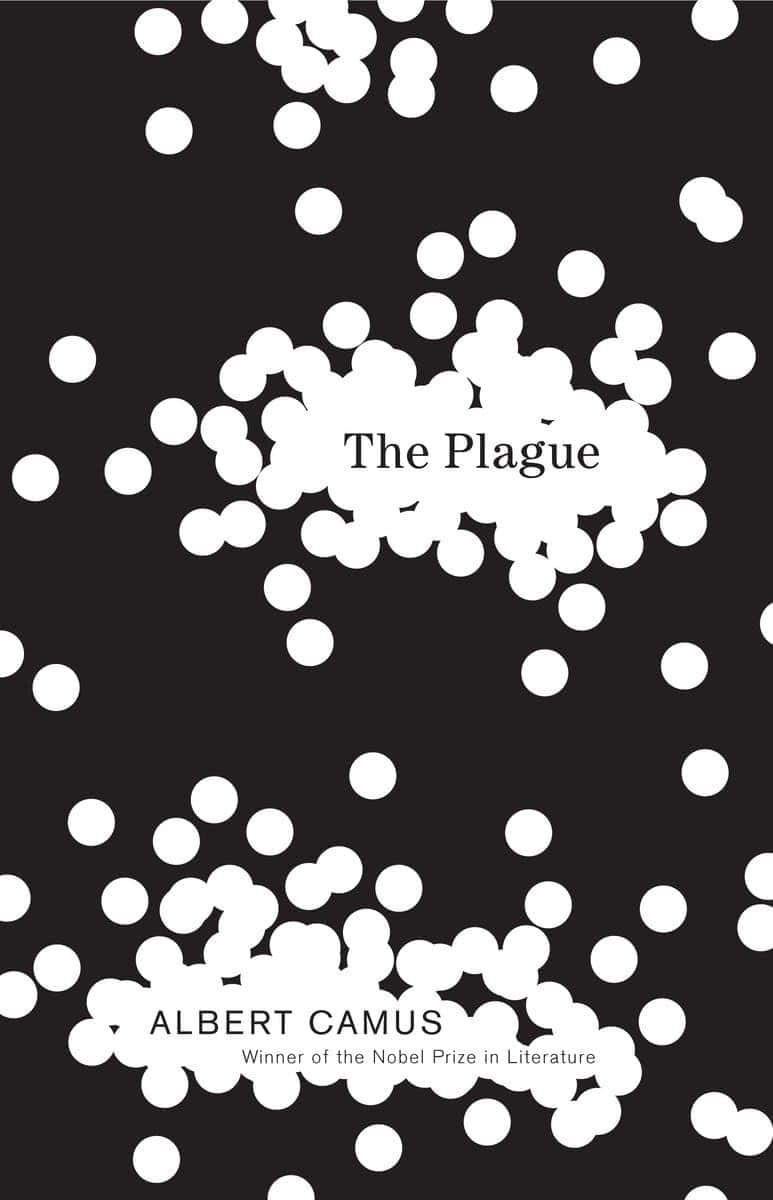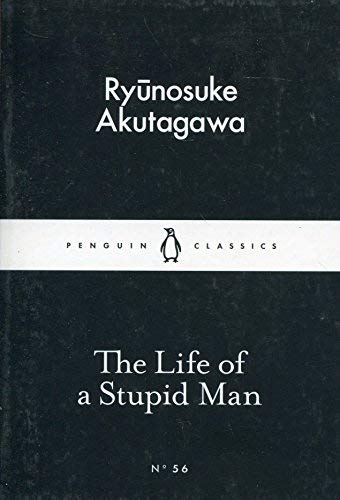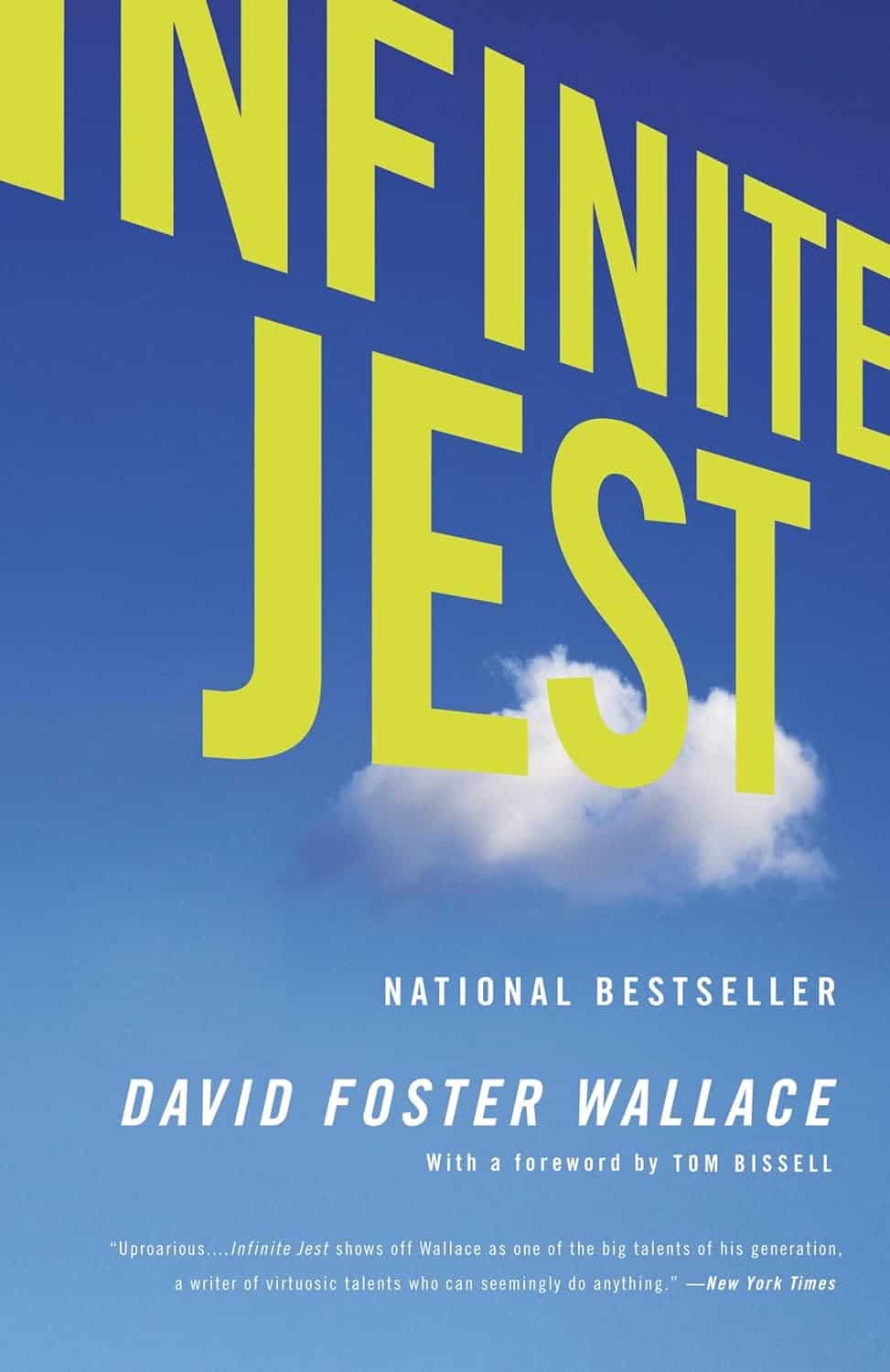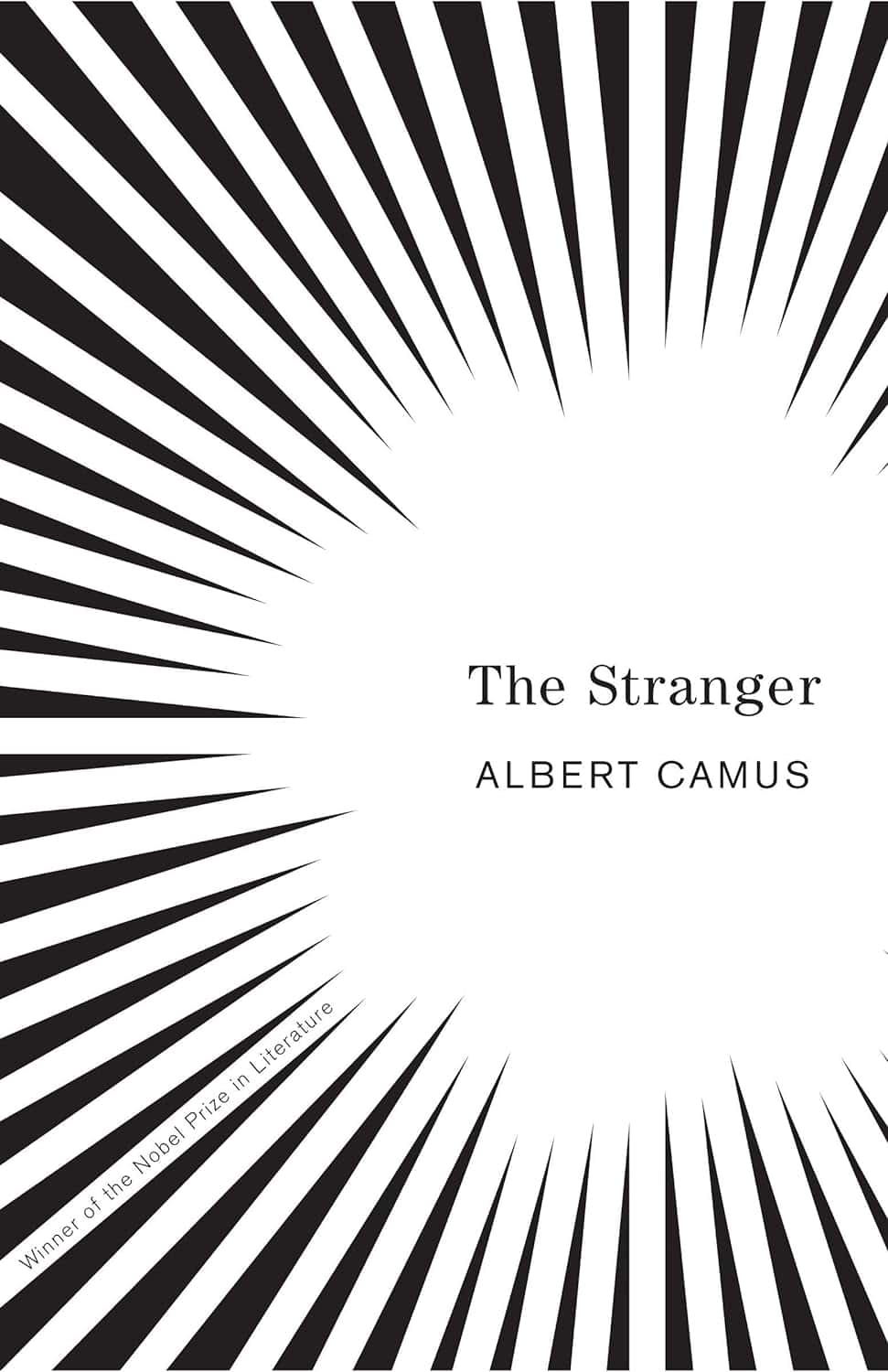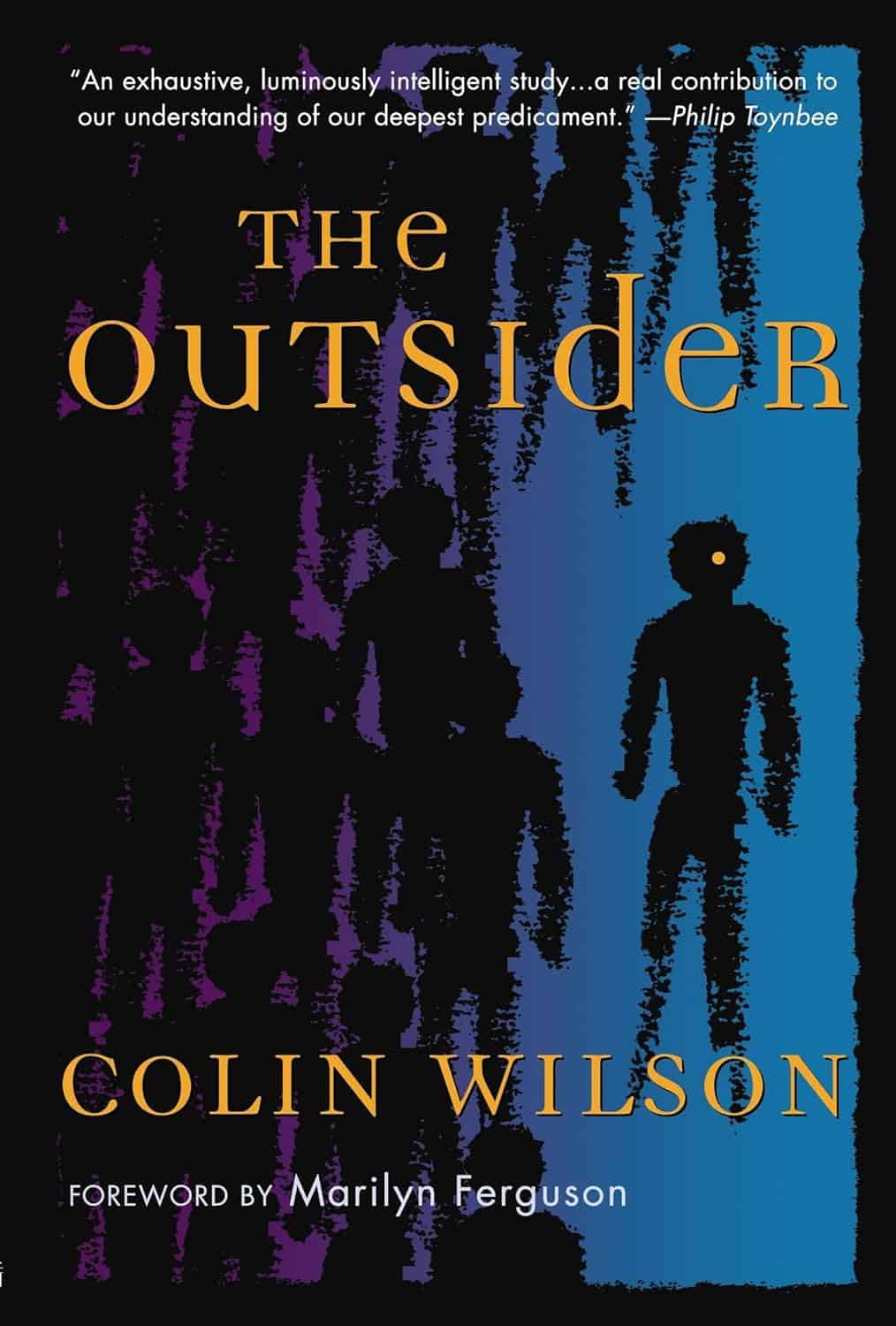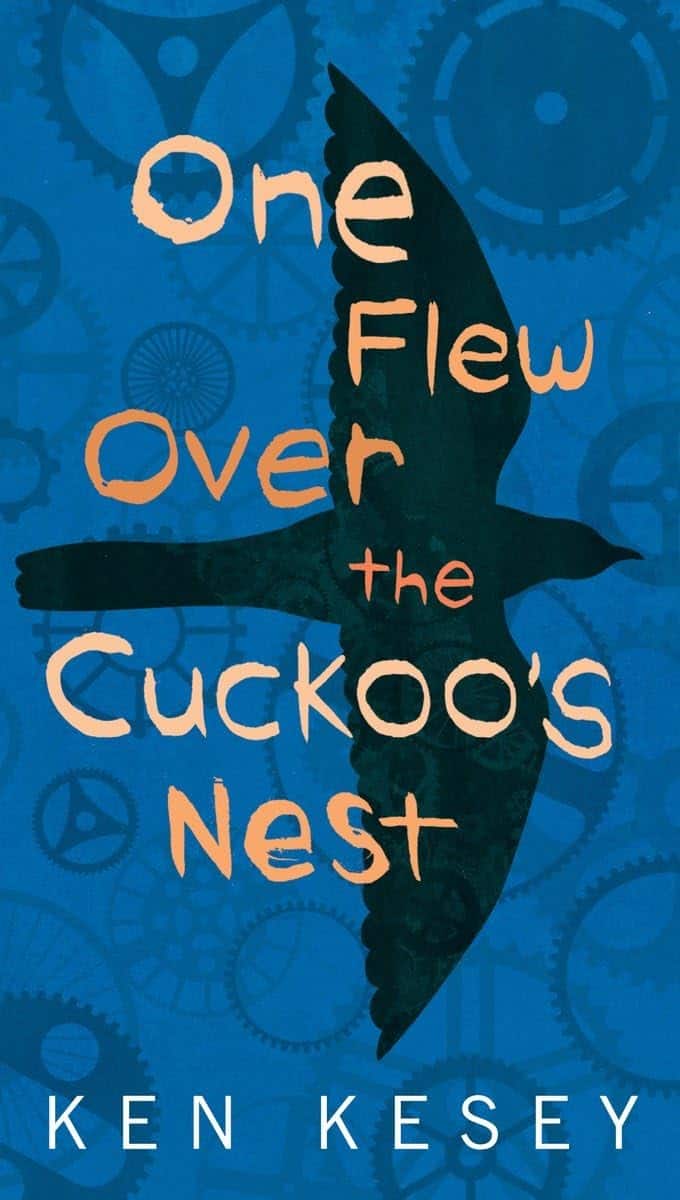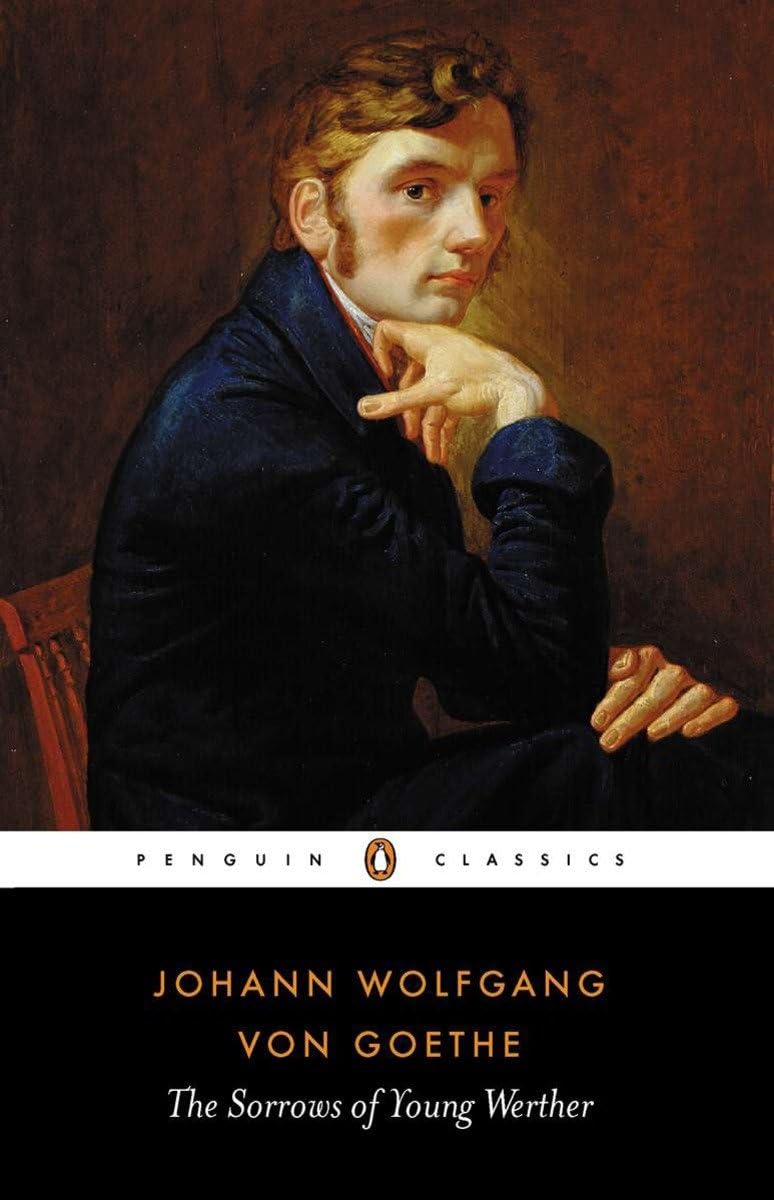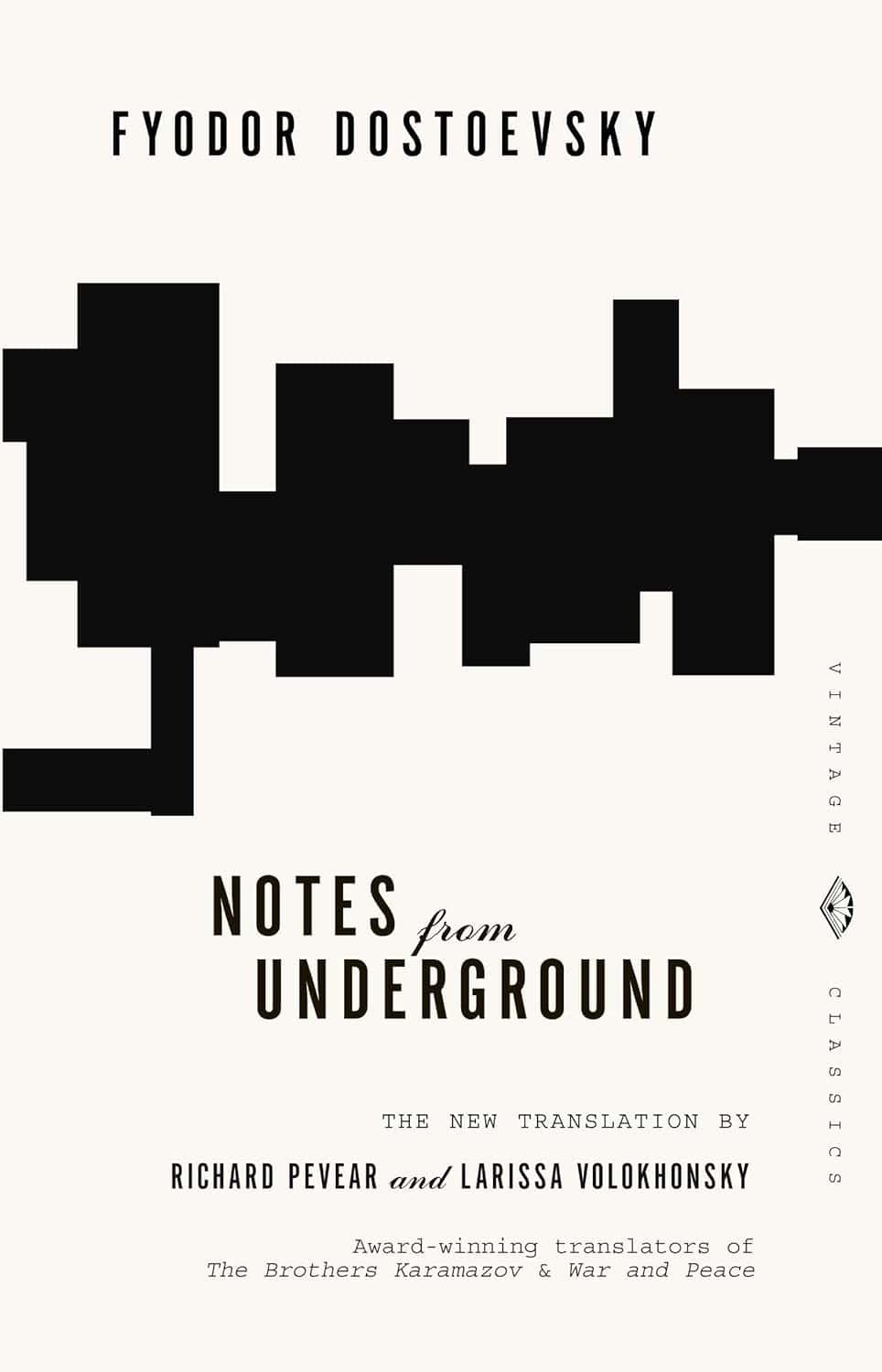No Longer Human by Osamu Dazai is a classic of Japanese literature that explores themes of alienation, mental illness, and the search for meaning in a world that can be indifferent and unforgiving.
The novel is written in the form of a journal and follows the story of Yozo Oba, a man who struggles with alcoholism and a feeling of not belonging to society. Yozo’s life is characterized by a series of failed relationships, self-destructive behavior, and an inability to conform to societal norms, making the novel a deeply introspective work.
For readers who enjoy No Longer Human, a list of 15 best books like it has been compiled, including The Stranger by Albert Camus, The Catcher in the Rye by J.D. Salinger, and The Bell Jar by Sylvia Plath. These books delve into similar themes of alienation and the search for identity in a world that can be unforgiving.
1. The Bell Jar by Sylvia Plath
“The Bell Jar” is a semi-autobiographical novel that follows the life of Esther Greenwood, a young woman in the 1950s who struggles with mental health issues. The novel offers a stark portrayal of a woman’s descent into mental illness and her struggles to break free from societal pressures and expectations.
Esther’s mental health deteriorates as she navigates the world of fashion, media, and high society, and she falls into a deep depression. “The Bell Jar” chronicles her experiences as she goes through various treatments, including electroconvulsive therapy, in an attempt to find a sense of normalcy.
The novel is a poignant and honest exploration of identity and the challenges women faced in the mid-20th century. It also highlights the impact of mental illness on one’s sense of self and well-being.
2. The Metamorphosis by Franz Kafka
“The Metamorphosis” is a novella written by Franz Kafka that tells the story of Gregor Samsa, a young man who wakes up one morning to find himself transformed into a gigantic insect. The story follows Gregor as he struggles to come to terms with his new form and the emotional and physical challenges that come with it.
As Gregor’s appearance changes, he becomes increasingly isolated from his family, who view him with fear and disgust. He is unable to communicate with them, and is confined to his room, where he spends most of his time contemplating his new existence.
The novella explores themes of alienation, isolation, and the absurdity of life. It delves into the psychological and emotional turmoil that Gregor experiences as he tries to adapt to his new form and the way his family reacts to him.
“The Metamorphosis” is considered a classic of existential literature, and has had a lasting impact on literature and philosophy. It raises questions about identity, humanity, and the human condition. The surreal and thought-provoking nature of the work makes it a powerful exploration of the human experience.
3. Crime and Punishment by Fyodor Dostoevsky
“Crime and Punishment” is a novel that delves into the complex psychological and moral turmoil of Rodion Raskolnikov, a highly intelligent but impoverished young man who commits a heinous crime in pursuit of his belief in the “extraordinary man” theory. The novel explores the consequences of his crime and the subsequent psychological effects it has on him.
Raskolnikov’s mental state deteriorates as he grapples with his actions and their moral implications. The relentless pursuit of the police detective Porfiry Petrovich, who suspects his involvement, adds to his internal turmoil. However, his complex relationship with Sonia, a young woman forced into prostitution to support her family, and her unwavering faith in redemption, provides a glimmer of hope for Raskolnikov’s future.
The novel is a timeless examination of guilt, morality, and the human psyche. It presents a profound exploration of the complexities of the human condition and the consequences of transgression. Dostoevsky’s work is considered one of his most enduring and thought-provoking works, as it continues to challenge readers to question their own beliefs and values.
The novel’s themes and characters have had a significant impact on literature and society. It has been adapted into various films, plays, and television series, and has inspired countless discussions on morality, psychology, and the nature of crime and punishment.
4. The Road by Cormac McCarthy
“The Road” by Cormac McCarthy is a post-apocalyptic novel that chronicles the journey of a father and his young son through a desolate and ravaged world. The novel is set in a bleak, ash-covered landscape where civilization has collapsed, and the few survivors must contend with scarcity, danger, and moral dilemmas.
The father and son are on a dangerous mission to reach the coast, hoping to find a better life. Along the way, they encounter other survivors, some of whom are desperate and pose a threat to their survival. However, they also encounter individuals who display acts of kindness and compassion.
The novel explores themes of survival, love, and the unbreakable bond between parent and child. It depicts the struggle to maintain one’s humanity and morality in the face of extreme adversity and despair.
“The Road” is a stark and unflinching work that paints a grim picture of a world ravaged by an unspecified catastrophe. Cormac McCarthy’s prose is spare and haunting, creating a visceral and emotionally charged narrative that delves into the depths of human resilience and the will to survive. The novel is a poignant commentary on the human condition and the lengths to which individuals will go to protect those they love.
5. The Catcher in the Rye by J.D. Salinger
J.D. Salinger’s “The Catcher in the Rye” is a classic novel that follows the story of Holden Caulfield, a teenage boy who is disillusioned with the adult world. After being expelled from a prestigious prep school, Holden decides to run away from his family and embark on a journey in New York City.
Throughout the novel, Holden struggles with the phoniness and hypocrisy he perceives in the adult world. He shares his thoughts and experiences, often expressing his deep sense of alienation and cynicism. The story takes readers on a rollercoaster ride through Holden’s interactions with various people, his reflections on his past, and his desire to protect the innocence of his younger sister, Phoebe.
“The Catcher in the Rye” is a coming-of-age story that explores themes of alienation, innocence, identity, and the struggle to find one’s place in a world that seems fake and unfeeling. It remains a widely studied and cherished novel that has resonated with generations of readers for its portrayal of teenage angst and the search for authenticity in a complex and adult-oriented society.
Some key takeaways from the novel include:
- Holden’s deep sense of alienation and cynicism towards the adult world
- The themes of innocence and the struggle to find one’s place in the world
- The portrayal of teenage angst and the search for authenticity in a complex society
Overall, “The Catcher in the Rye” is a timeless classic that continues to captivate readers with its exploration of universal themes and its relatable protagonist.
6. The Trial by Franz Kafka
Franz Kafka’s “The Trial” is a novel that follows the story of Josef K., a seemingly ordinary man who is suddenly arrested and put on trial by an enigmatic legal system. The novel begins with Josef K. waking up one morning to find himself under arrest for an unspecified crime, despite having no knowledge of committing any wrongdoing.
As Josef K. navigates the complex and labyrinthine legal process, he encounters a series of bizarre and often absurd characters and situations. Throughout the novel, he struggles to defend himself against a faceless and oppressive bureaucracy while attempting to understand the nature of his crime and the rules of the legal system.
“The Trial” is a surreal and existential work that delves into themes of guilt, alienation, and the absurdity of the human condition. It raises questions about the nature of justice, the role of authority, and the individual’s place in a world governed by incomprehensible forces.
Kafka’s writing style is known for creating a sense of unease and disorientation, which contributes to the novel’s overall sense of existential dread that has made it a classic of 20th-century literature.
7. The Tunnel by Ernesto Sabato
Ernesto Sabato’s “The Tunnel” is a psychological thriller that explores the descent into madness of Juan Pablo Castel, an accomplished painter who becomes obsessed with a woman named María. The novel takes the form of a confession by Castel, who reflects on the events that led to his incarceration.
Castel’s obsession with María, whom he believes embodies his artistic vision and soulmate, leads him to stalk her and eventually enter into a turbulent love affair. However, his jealousy and paranoia drive him to commit a shocking act of violence.
“The Tunnel” delves into the mind of a deeply disturbed and unreliable narrator, exploring themes of obsession, alienation, and the darker aspects of human nature. Castel’s narrative takes readers on a disturbing and introspective journey as he grapples with his actions and the irrationality of his own mind.
The novel is a psychological exploration of the fine line between genius and madness, and it raises questions about the nature of art, obsession, and the human capacity for self-destruction.
8. The Plague by Albert Camus
“The Plague” by Albert Camus is a novel that depicts the sudden outbreak of bubonic plague in the fictional Algerian town of Oran. Dr. Bernard Rieux, the narrator of the story, is one of the central figures in the fight against the epidemic. As the town is quarantined and cut off from the outside world, its residents are forced to confront the harsh realities of the plague, including isolation, suffering, and death.
The novel follows several characters, including Dr. Rieux, as they grapple with the existential crisis brought on by the outbreak. Camus uses the story of the plague to explore themes of absurdity, the human condition, and the search for meaning in the face of suffering and death. The novel raises questions about morality, solidarity, and the choices people make in the midst of a crisis.
“The Plague” is a powerful and thought-provoking work that continues to resonate with readers for its exploration of the human response to a catastrophic event and the philosophical questions it poses. The novel is a reminder of the fragility of human life and the importance of solidarity and compassion in times of crisis.
9. The Life of a Stupid Man by Akutagawa
Ryunosuke Akutagawa’s short story, “The Life of a Stupid Man,” is a fictionalized autobiography that reflects the inner turmoil and struggles of the author. The protagonist, who shares similarities with Akutagawa himself, recounts his life experiences and the various moments of despair, loneliness, and personal failures that have haunted him.
The story is written in a fragmented and introspective style, with the narrator reflecting on his past and the choices he has made. The narrative explores themes of identity, self-doubt, and the search for meaning in a world marked by personal and societal challenges.
Akutagawa’s writing is known for its psychological depth and examination of the human condition, and “The Life of a Stupid Man” is a poignant example of his literary exploration of these themes. It is a work that delves into the complexities of the human psyche and the existential questions that confront individuals in their pursuit of understanding and meaning in life.
The story presents a vivid portrayal of the protagonist’s struggles and the impact of his decisions on his life. It highlights the importance of introspection and self-reflection in understanding oneself and the world around us. The fragmented and introspective style of writing adds to the depth and complexity of the narrative, making it a compelling read.
10. Infinite Jest by David Foster Wallace
Infinite Jest is a complex and sprawling novel that takes place in a near-future America. The story follows the lives of various characters, including Hal Incandenza, a gifted tennis player, and his father James Incandenza, a filmmaker who created a mysterious and entertaining film known as “Infinite Jest.”
The novel explores themes of addiction, entertainment, and pleasure in a society that is both absurd and dysfunctional. It weaves together various plotlines, including those involving a halfway house for recovering addicts, a radical separatist group, and the Enfield Tennis Academy.
The narrative of Infinite Jest is non-linear and intricate, with footnotes and endnotes providing additional layers of storytelling. Readers encounter a wide range of characters, each struggling with their own desires and obsessions.
11. The Stranger by Albert Camus
“The Stranger” by Albert Camus is a philosophical novel that follows the story of Meursault, an emotionally detached and apathetic Algerian Frenchman living in Algiers. The novel begins with Meursault’s indifferent response to his mother’s death and follows his actions, which eventually lead him to commit a senseless murder.
The story explores Meursault’s existential outlook and his detachment from societal norms, which make him an enigmatic and challenging figure for both the court and the reader. Meursault’s refusal to conform to expectations and his indifference to societal norms lead to his trial, where he faces the consequences of his actions and confronts the meaninglessness of life.
Meursault’s life takes a turn when he attends his mother’s funeral but doesn’t display the expected grief. He goes on to become involved with a woman named Marie and later becomes embroiled in a conflict with Raymond, a neighbor. This conflict ultimately leads to Meursault committing a murder on a beach.
“The Stranger” raises questions about the human condition, morality, and the search for meaning in an indifferent world. It is a work that challenges readers to question their own beliefs and values.
12. The Outsider by Colin Wilson
In his non-fiction work, “The Outsider,” Colin Wilson explores the lives and works of various artists, writers, and thinkers who he considers to be outsiders in society and literature. Wilson examines the existential and philosophical struggles faced by these individuals who exist on the fringes of conventional society and who often grapple with questions of existence and alienation.
Through the lens of outsiders like Friedrich Nietzsche, Jean-Paul Sartre, Franz Kafka, and Vincent van Gogh, Wilson argues that their perspectives offer a unique and valuable insight into the human condition. The outsider’s challenge to societal norms and their questioning of the meaning of life, according to Wilson, is what drives them to explore the depths of existence and consciousness.
“The Outsider” is a thought-provoking and philosophical examination of the search for meaning and authenticity in a world that often values conformity and convention. Wilson’s work reflects on the value of the outsider’s perspective and the importance of questioning the status quo.
13. One Flew Over the Cuckoo’s Nest by Ken Kesey
“One Flew Over the Cuckoo’s Nest” is a novel that takes place in a mental institution during the 1960s. The story is narrated by “Chief” Bromden, a patient who pretends to be deaf and dumb to avoid interactions with the oppressive staff. The arrival of Randle P. McMurphy, a charming and rebellious criminal who feigns insanity to escape prison, disrupts the strict and dehumanizing routine of the institution.
The authoritarian Nurse Ratched embodies the oppressive nature of institutional authority, and McMurphy’s antics and influence gradually empower the other patients to assert their individuality and question the control exerted by the institution. The novel explores themes of power, conformity, rebellion, and the human spirit’s capacity for resistance.
As McMurphy and Nurse Ratched clash, the story delves into the transformative effect of defiance and the cost of challenging a dehumanizing system. “One Flew Over the Cuckoo’s Nest” challenges societal norms and raises questions about mental health, individuality, and the nature of freedom. It is known for its memorable characters and its exploration of the boundaries of sanity and madness.
14. The Sorrows of Young Werther by Johann Wolfgang von Goethe
“The Sorrows of Young Werther” is a novel that is considered a foundational work of the Sturm und Drang literary movement. Written in the form of letters and diary entries, the novel explores the life and inner thoughts of its young protagonist, Werther.
Werther is a sensitive and passionate young man who moves to a small German town and becomes infatuated with Charlotte (Lotte), a beautiful and engaged woman. Despite her engagement to another man, Werther cannot suppress his intense feelings for her. The novel is composed of his letters and diary entries, chronicling his growing obsession with Charlotte and his emotional descent into despair.
As the novel progresses, Werther’s unrequited love leads to a profound sense of suffering and ultimately to a tragic conclusion. The novel explores themes of love, passion, and the human capacity for intense emotion. It is often seen as a reflection of the Romantic era’s celebration of individualism and the power of emotion, as well as its exploration of the darker aspects of human nature.
“The Sorrows of Young Werther” had a significant impact on European literature and culture, sparking a “Werther Fever” in the late 18th century, with young men emulating Werther’s dress and behavior. It remains a classic work that continues to be studied and appreciated for its exploration of the complexities of love and human emotion.
15. Notes from Underground by Fyodor Dostoevsky
“Notes from Underground” is a philosophical novella that explores the mind of a troubled protagonist known as the Underground Man. The narrative is divided into two parts, with the first part presenting the Underground Man’s cynical and self-reflective thoughts on society, rationality, and progress. The protagonist argues that humans are driven by irrational impulses and desires, and he embodies a sense of alienation and despair.
The second part of the novella delves into the Underground Man’s past, particularly his encounter with a prostitute named Liza. This encounter serves as a reflection on the complexity of human nature and the conflict between base desires and the longing for connection and redemption.
Through its exploration of themes of existentialism, alienation, free will, and the darker aspects of the human psyche, “Notes from Underground” offers a profound and challenging narrative that provides a deep exploration of the complexities of the human condition.
Summary
“Books like No Longer Human” is a topic that has gained significant attention in recent years. This article explores some of the most popular titles that share similar themes and styles with Osamu Dazai’s masterpiece. Readers who enjoyed No Longer Human may find these books intriguing and thought-provoking. Some of the recommended titles include The Sailor Who Fell from Grace with the Sea, Kokoro, and The Flowers of Evil.
